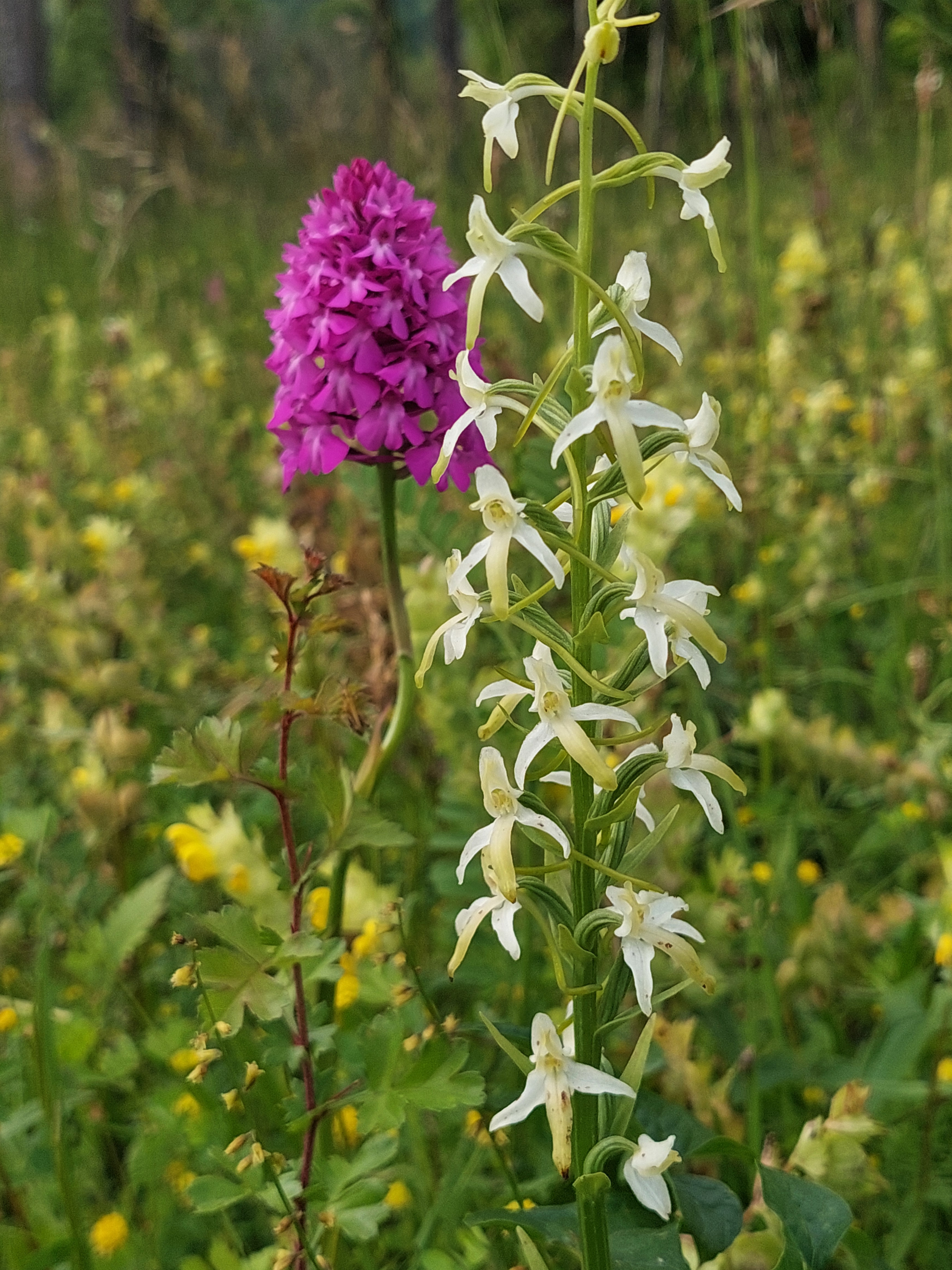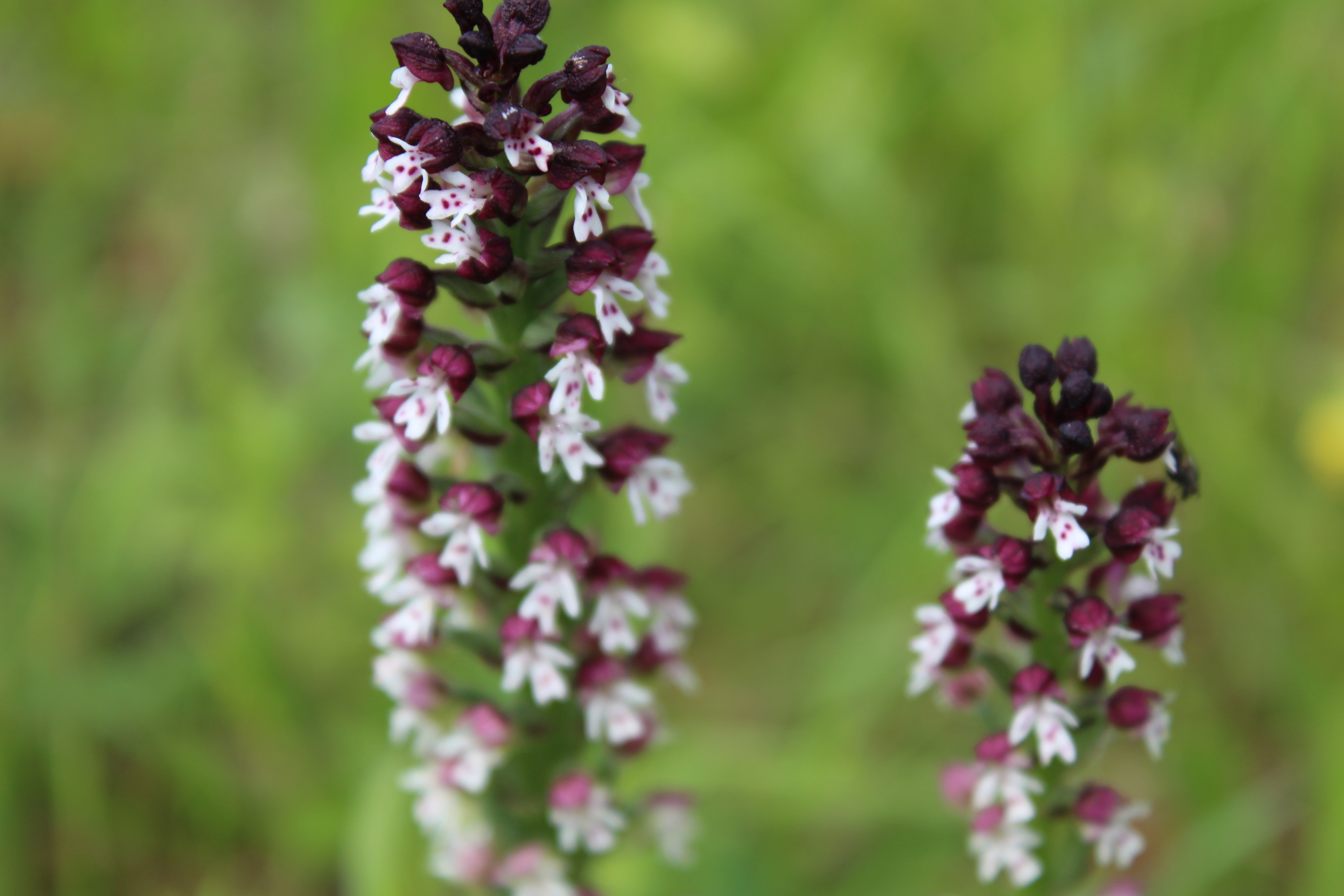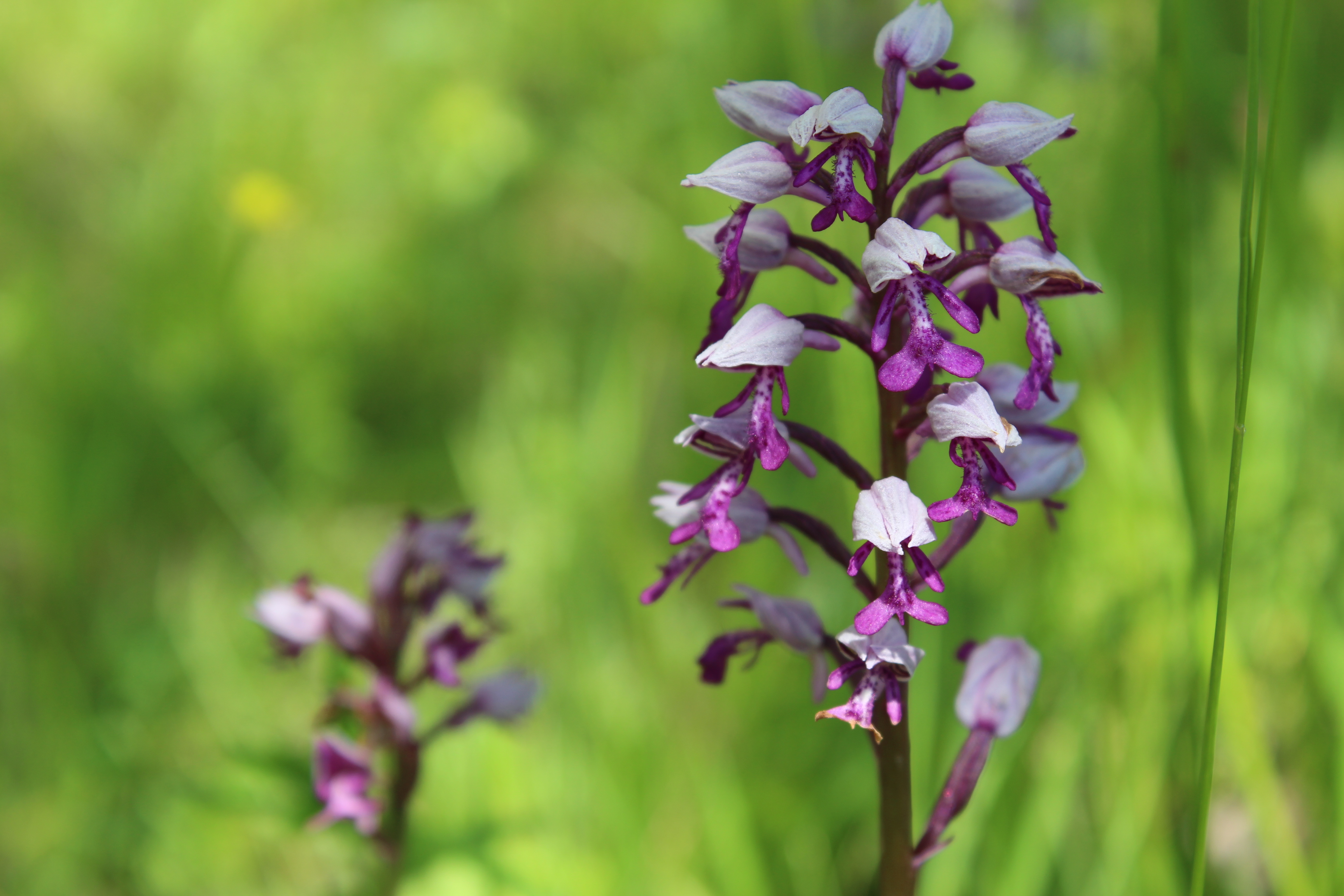Edward Bach recognised that some people are critical and intolerant of others, and considered this trait a potential danger to health. Those reading and familiar with the Bach flower remedies will already know I’m talking about the Beech state. I recently spent time with someone prone to criticism, and I sensed how erosive ‘being Beechy’ is to relationships. (The word 'bitchy' sounds so similar; interesting!) Perhaps that is why Dr Bach thought this state unhealthy – it can impact our connection to others. The Beech frame of mind means filtering for ‘what is (subjectively) wrong’ and expressing that in no uncertain terms. Criticism will blurt out if the person in a Beech mood/state also has an Impatiens personality. It can hurt. It can make people defensive as they justify and defend themselves in the face of criticism. It can make people feel upset and indignant and hit back. Some will, however, quietly accept and try to 'amend' their ways. The Beech state does not bring people together; it separates them.
What brings people together is recognition, validation, acknowledgement, kindness, and appreciation. People in a Beech state don’t readily have these soft-skill communicative assets. And they don’t feel gentleness towards others inside themselves.

I’m not making a case for not saying what’s not OK; we need to be able to give one another feedback. I’m making a case for how - and the timing. George Bernard Shaw (Irish playwright, 1856-1950) is on record as saying, ‘in the right tone, you can say anything, in the wrong tone nothing.’ Edward Bach rather cryptically described the Beech mindset as being ‘For those who feel the need to see more good and beauty in all that surrounds them.’
Being aware that we’re ‘being Beechy’ and thinking before speaking makes the difference. (And yes, I do smile inwardly when I catch myself quietly being critical of critical people.)
I had a partner once who was outstanding in his ability to criticise me. I was on the receiving end of big criticisms and little ones. Among the little ones were a) how I brush my teeth, b) how I hold the car steering wheel, c) how much water I put into the kettle. (I won’t go into the big ones.)
The problem with people in the Beech state is that issues lie (in their minds) in the other person’s behaviour; they don’t ‘own’ their intolerance. I see this state of mind as relatively inflexible.
Reflecting on this makes me aware of how important it is to affirm others, to quietly say something positive, even if we need to communicate something we’re having trouble accepting. That nurtures relationships. And in a world in turmoil, on the brink of a climate catastrophe, lurching to the far right, with unresolved conflicts and war, aren’t healthy relationships our most essential assets to promote well-being?
The flowers in this piece are all wild orchids seen close to where I live in south-west Germany. Orchids are intolerant to pollution, that's how they got included. ;-)

Terms & Conditions
Subscribe
My comments